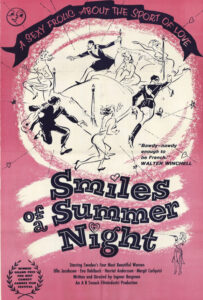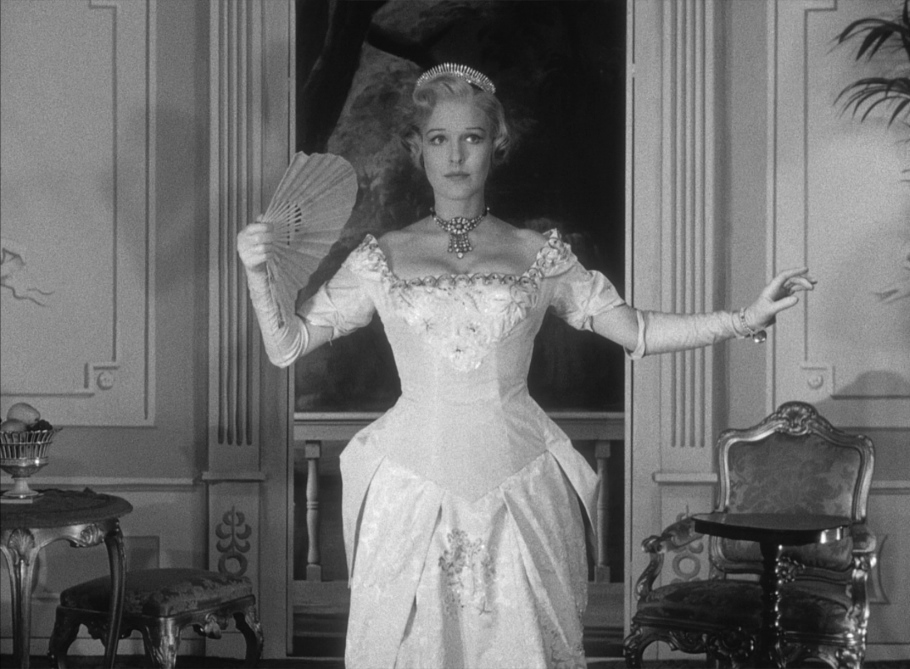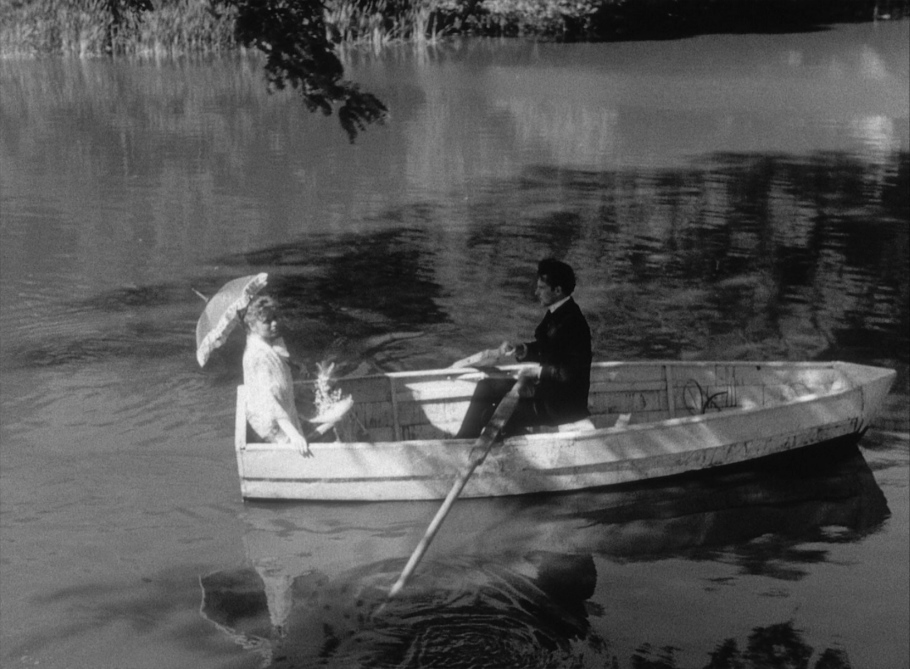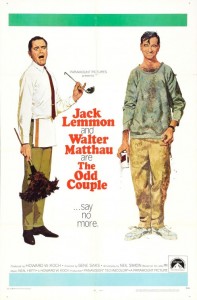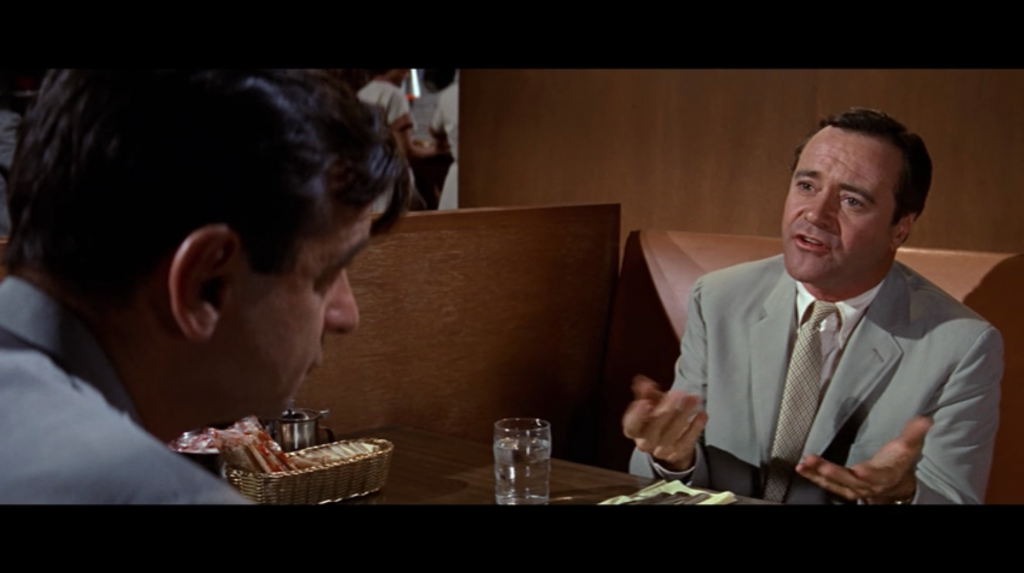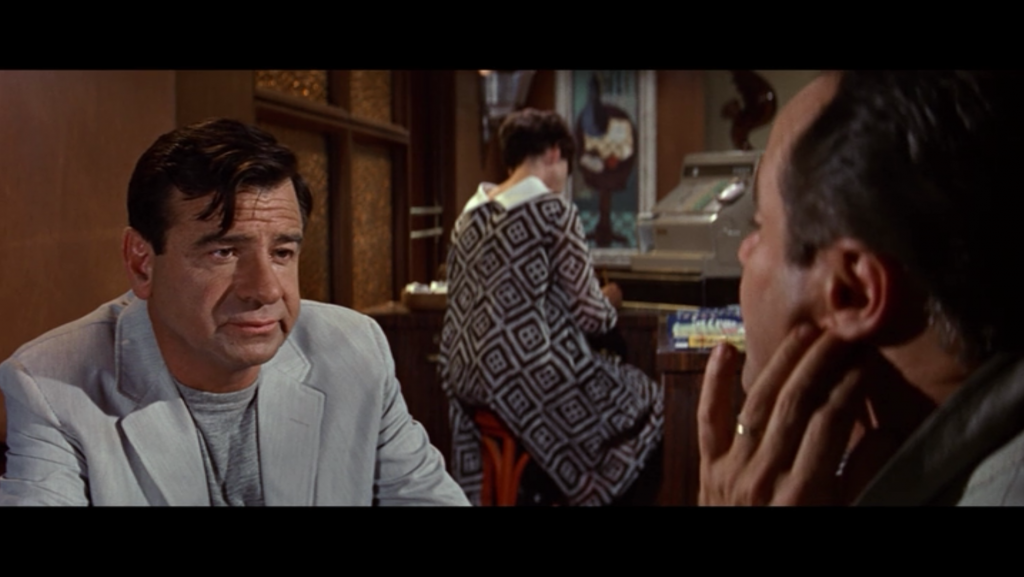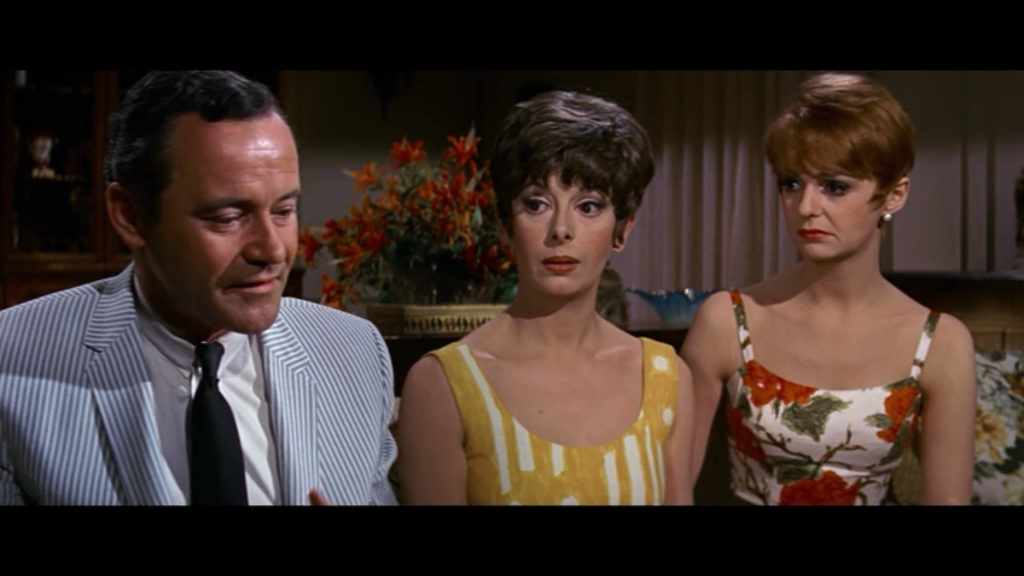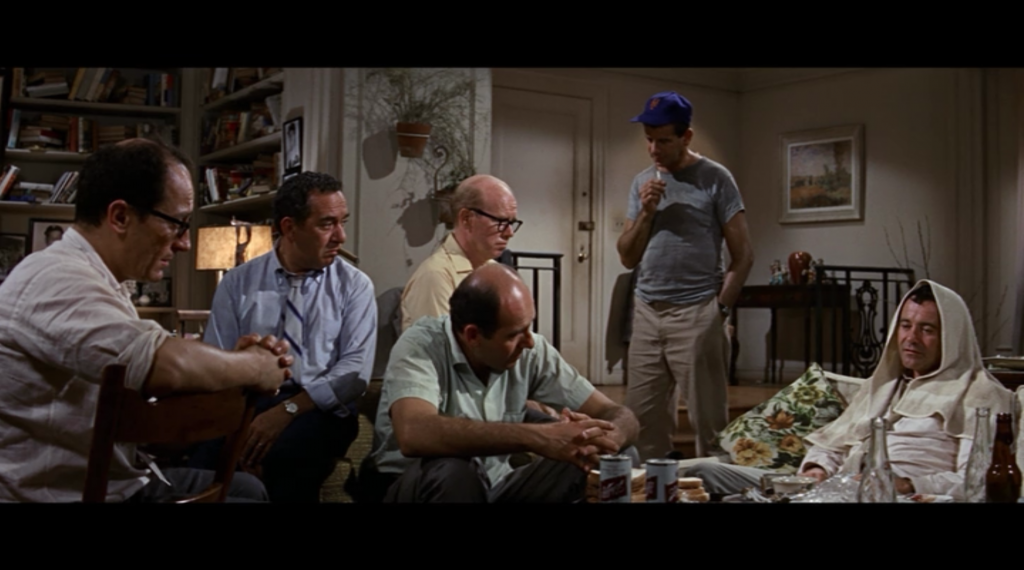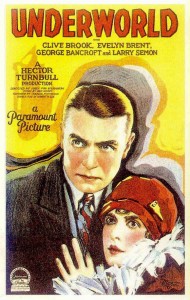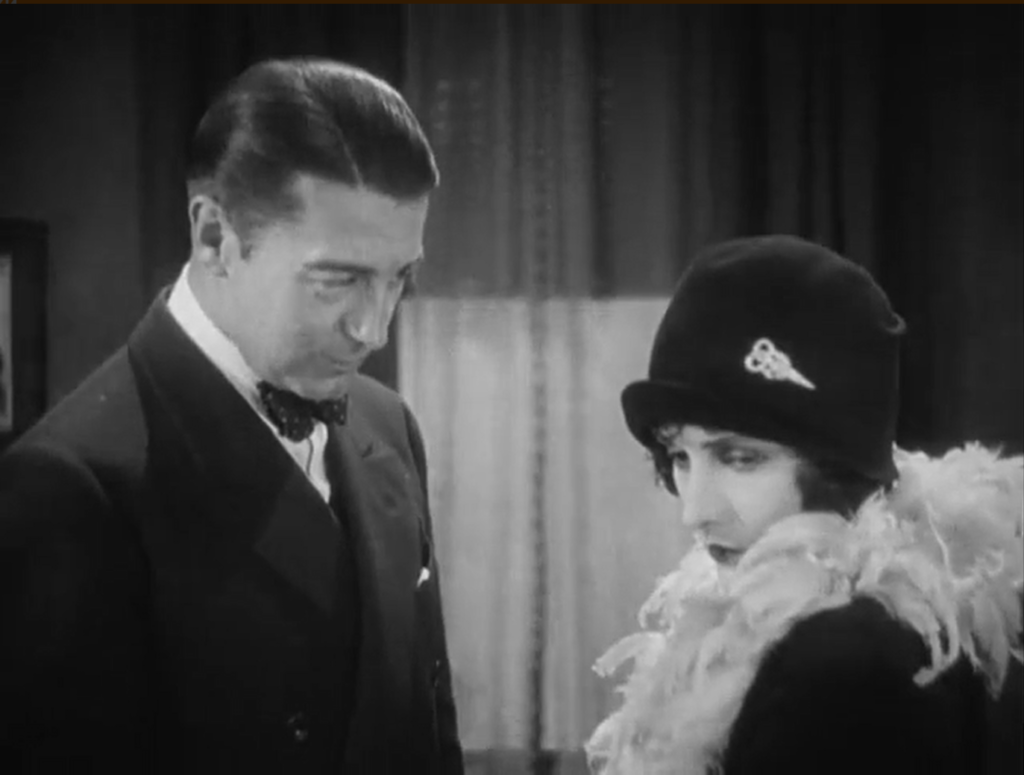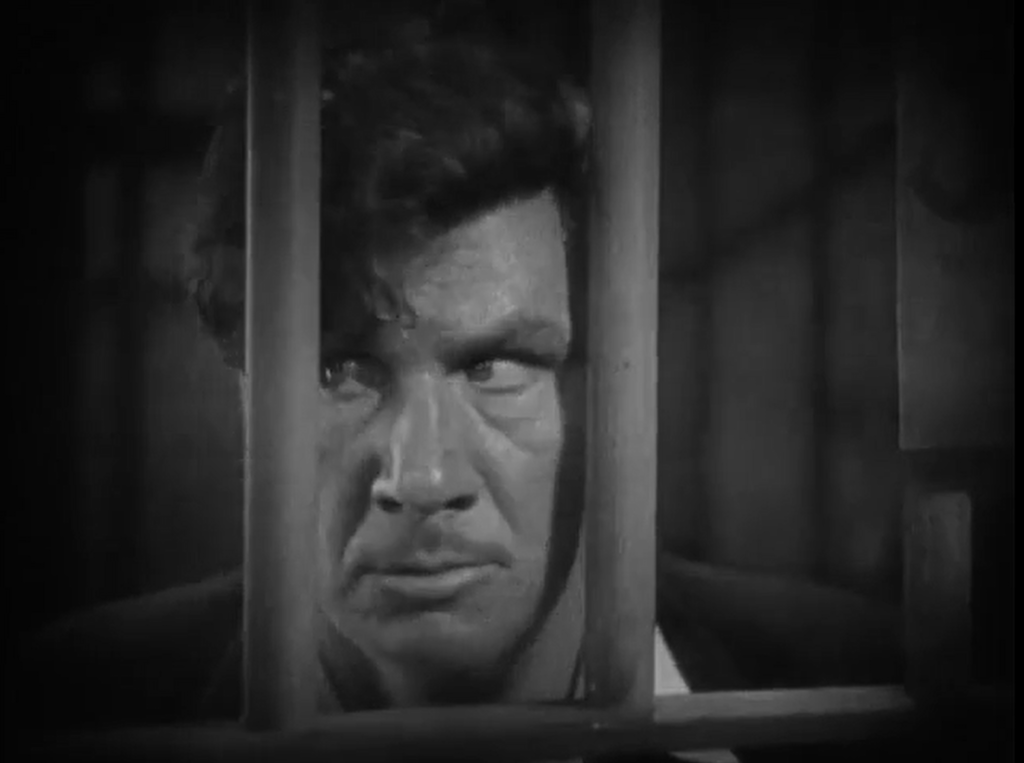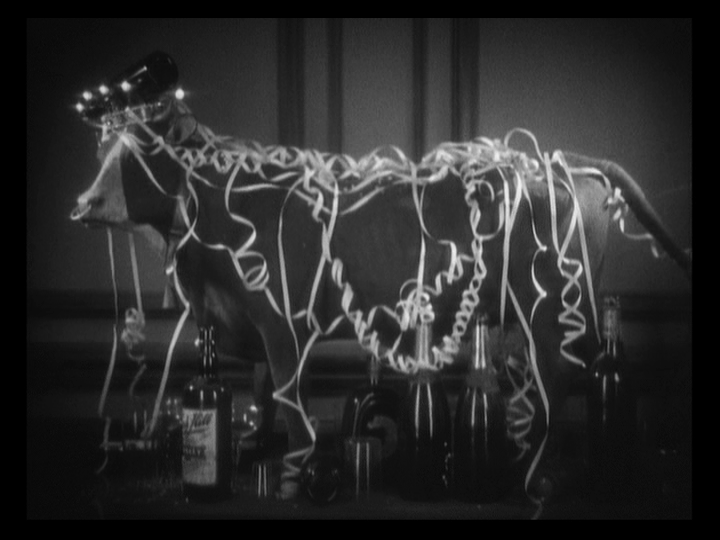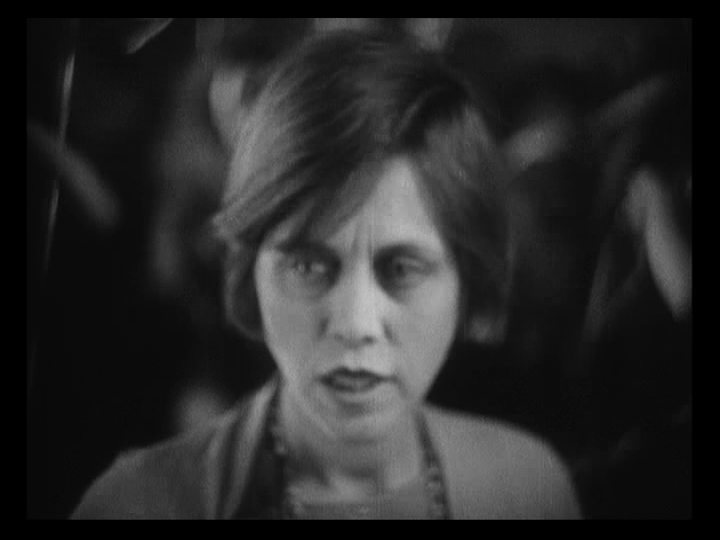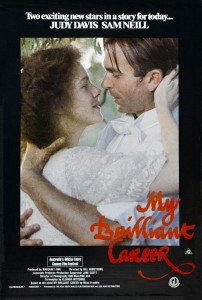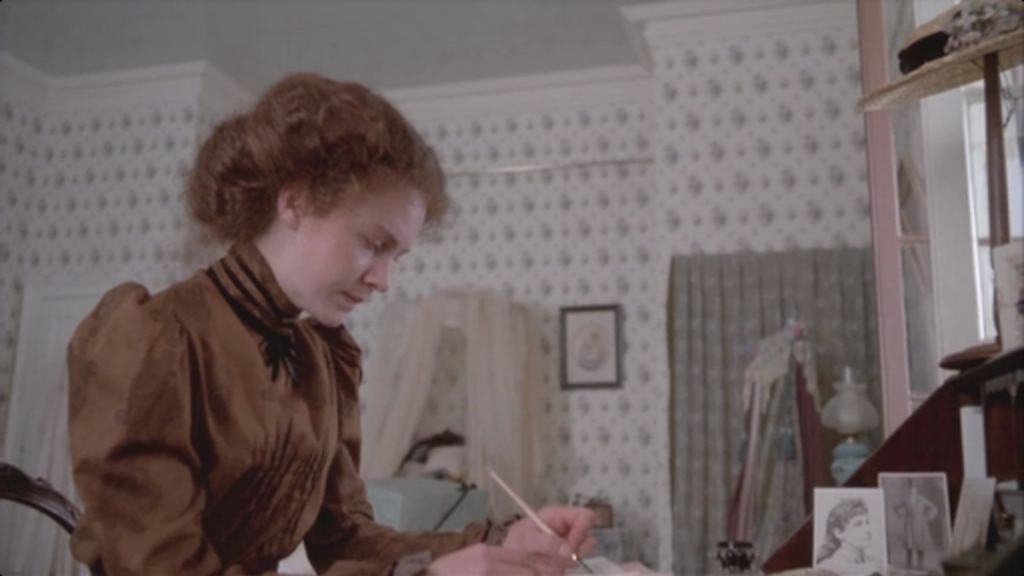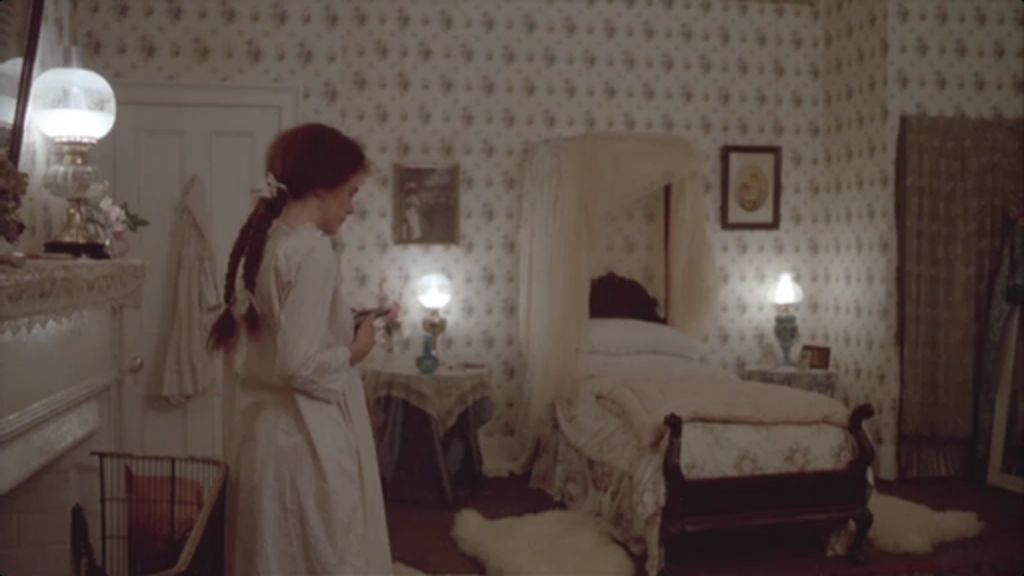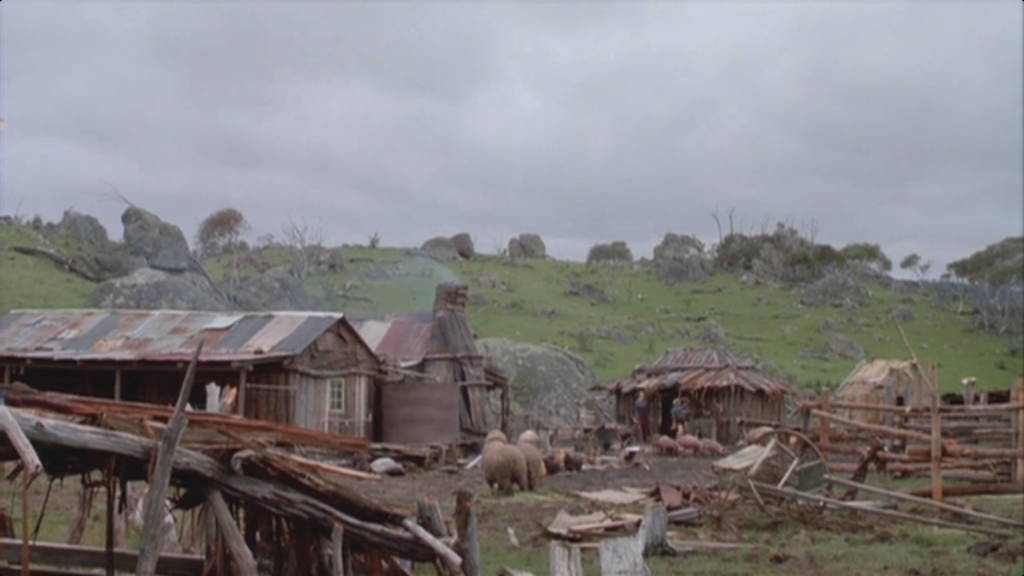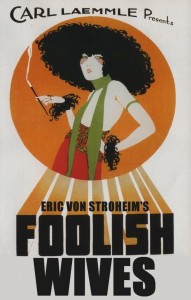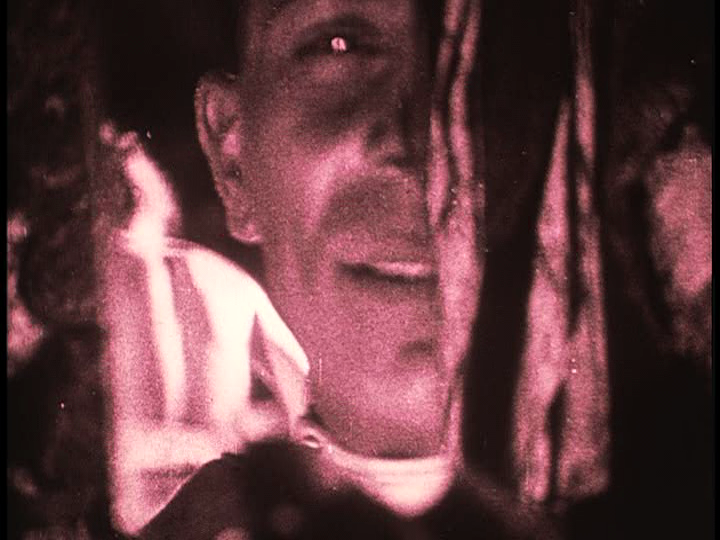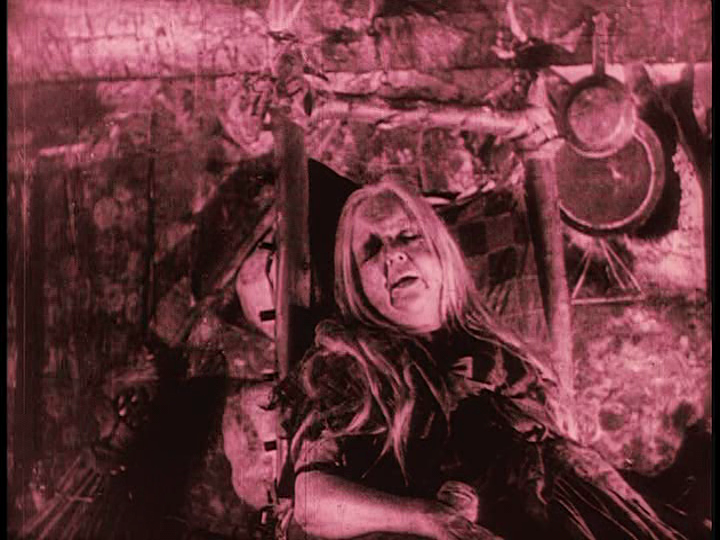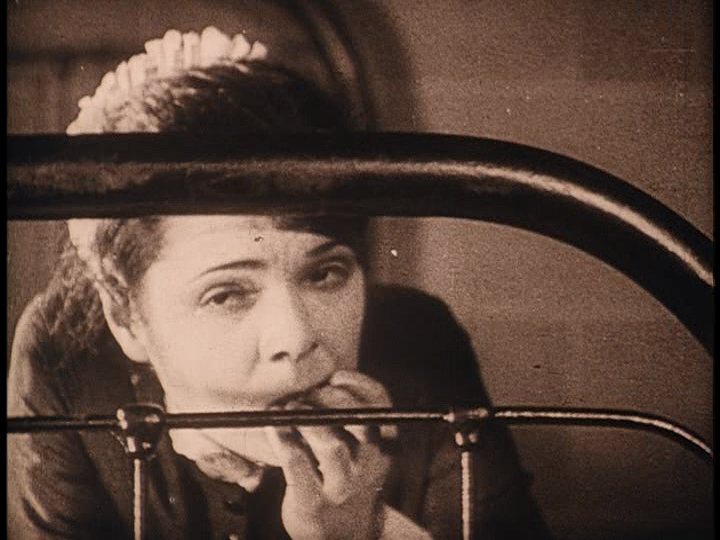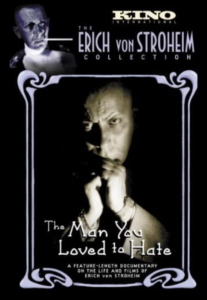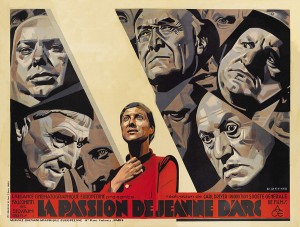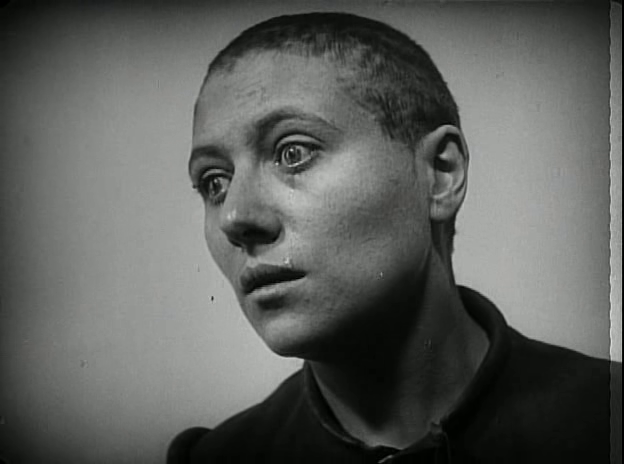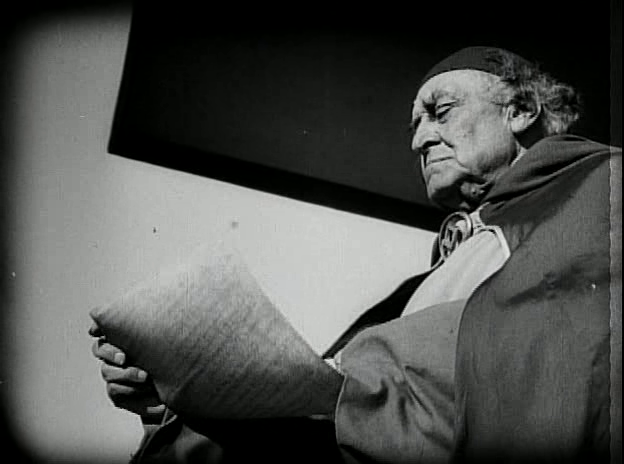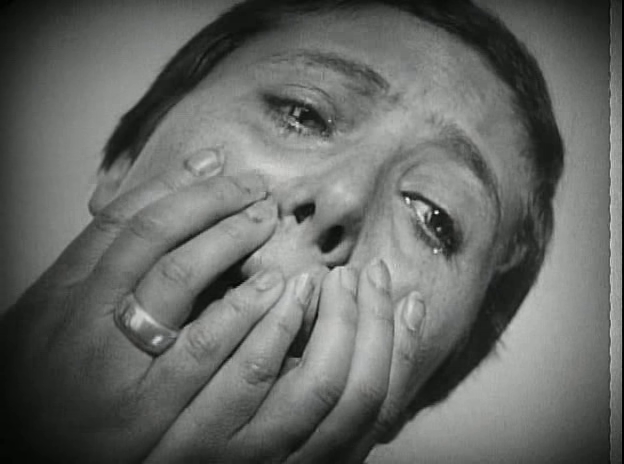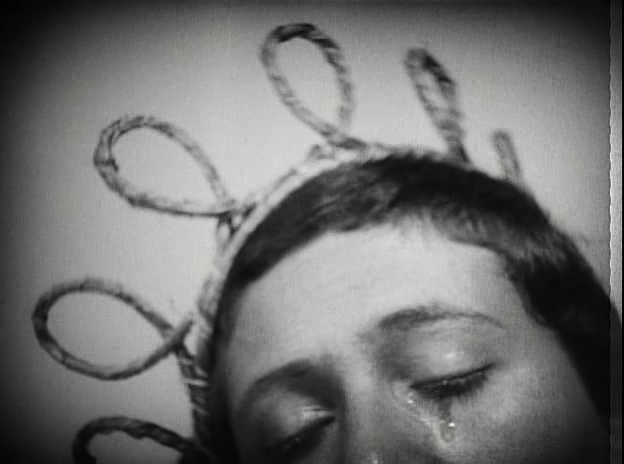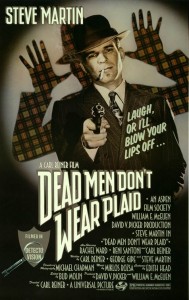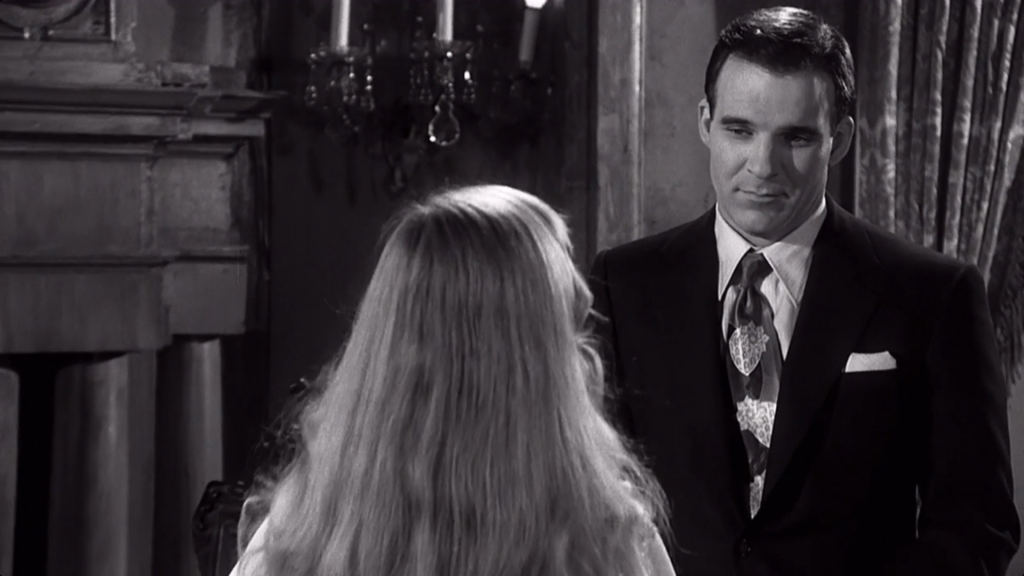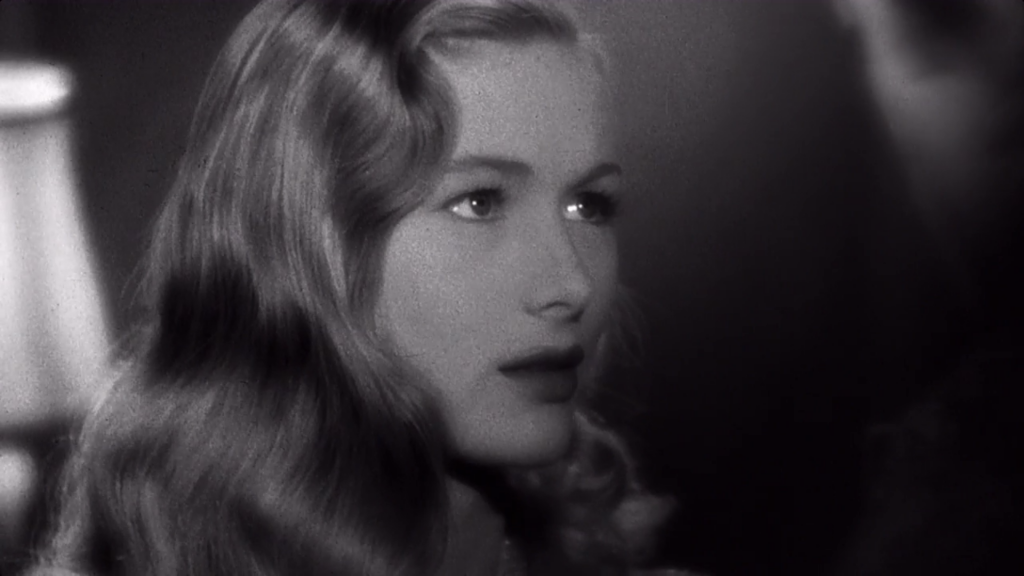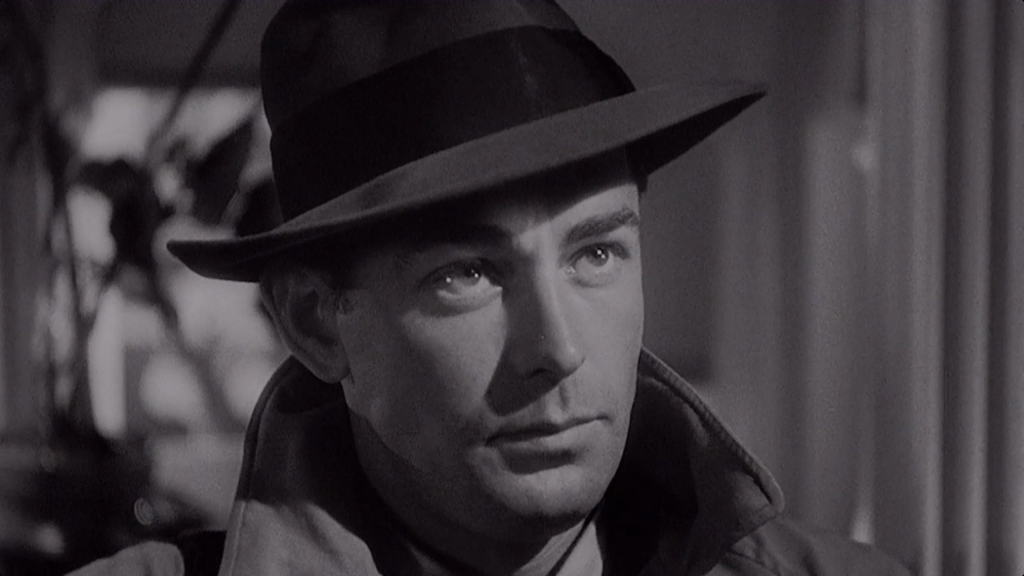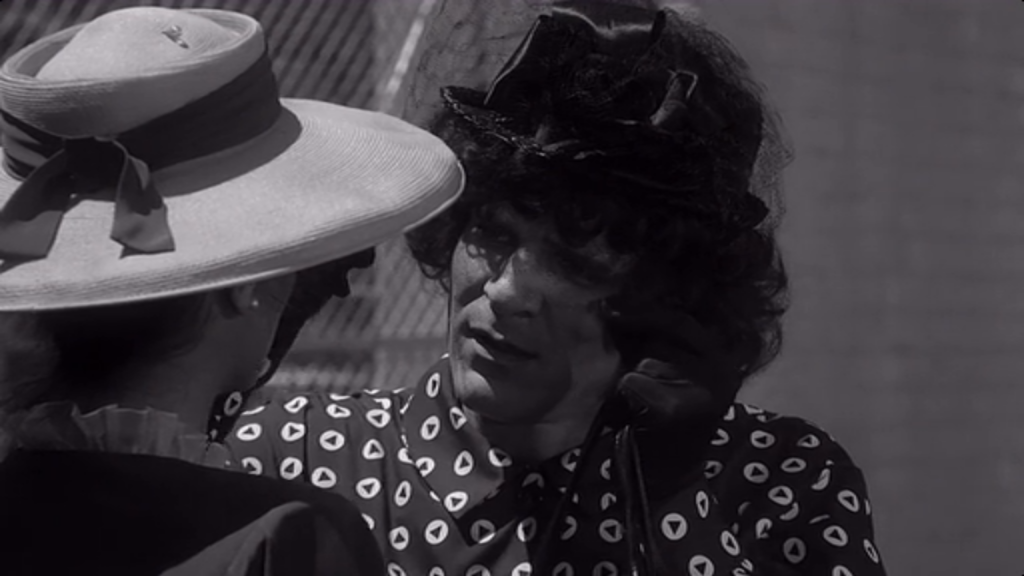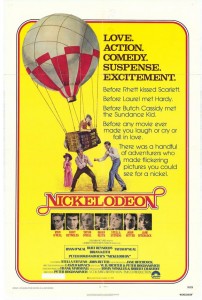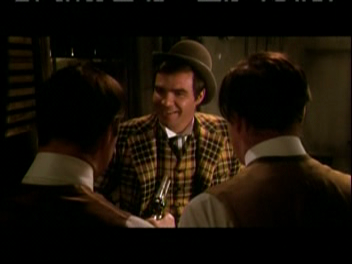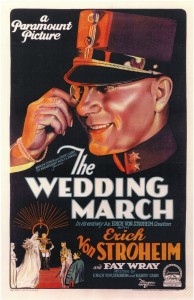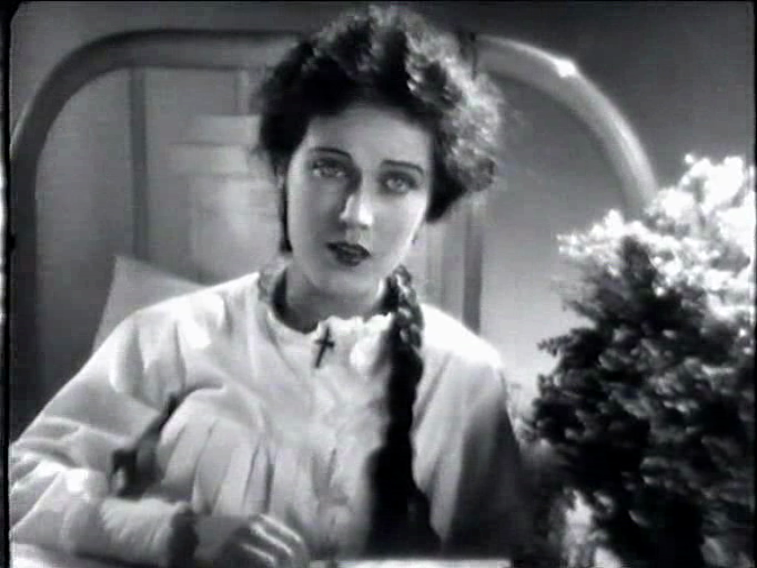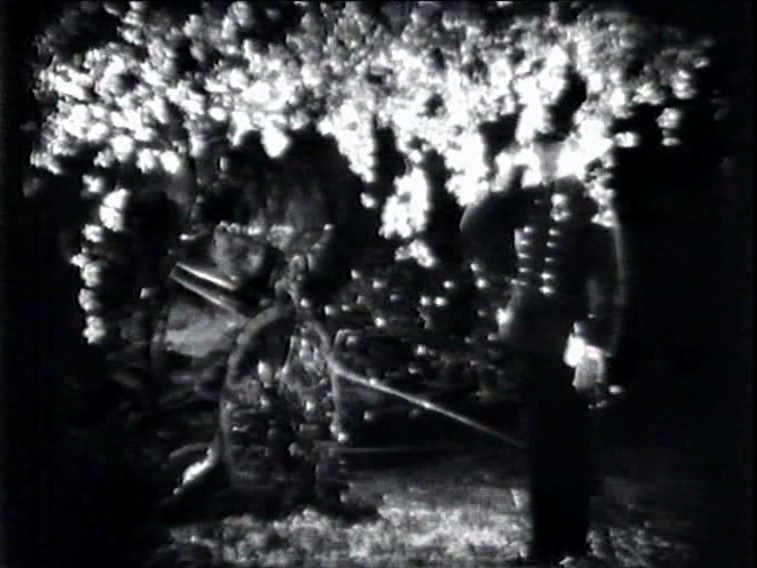|
Genres, Themes, Actors, and Directors:
- Documentary
- Movie Directors
- Rise and Fall
Review:
Years before cable network channels such as AMC and TCM began airing biographies of famous directors and movie stars, Patrick Montgomery helmed this revealing documentary about the troubled life of Austrian emigre Erich von Stroheim, whose notorious extravagance, perfectionism, and rigidity quickly led to the demise of his directorial career. It’s both surprising and impressive to learn that von Stroheim — born simply Erich Oswald Stroheim, the son of a Jewish hatmaker — was an entirely self-made man, someone who gambled on his own talents and won (for at least a brief while). The fact that nearly all of his full-length films were butchered by studio heads and/or producers speaks to his inability to conform to the studio system, or to tailor his vision in light of pragmatic concerns; we learn, for instance, that he insisted on utilizing real caviar in an opening breakfast scene from Foolish Wives (1922), claiming that he (the character eating the caviar) would know the difference (!).
Unfortunately, while the film does an admirable job demonstrating why and how von Stroheim’s career took such a rapid nosedive, certain elements of his personal life remain frustratingly opaque. For instance, we’re told that he had a lover during many of his later years, yet he remained married until his death, and this wife — who’s interviewed for the film — doesn’t seem particularly upset; in addition, we can’t help wishing interview clips with von Stroheim himself were included (are there any? there must be). Regardless, this engaging documentary remains must-see viewing for all film fanatics, and it’s a puzzling omission from Peary’s GFTFF. Fortunately, it’s easily available for viewing these days on a Kino DVD release of Foolish Wives, as a full-length second feature.
Note: The film’s title refers to the nickname von Stroheim earned during his early years as a character actor, playing a villain — a trend he continued even as he gave himself starring roles in his own films (viz. his vile Count Karamzin in Foolish Wives, to name the most obvious example).
Redeeming Qualities and Moments:
- A revealing look at one of Hollywood’s most notorious directors
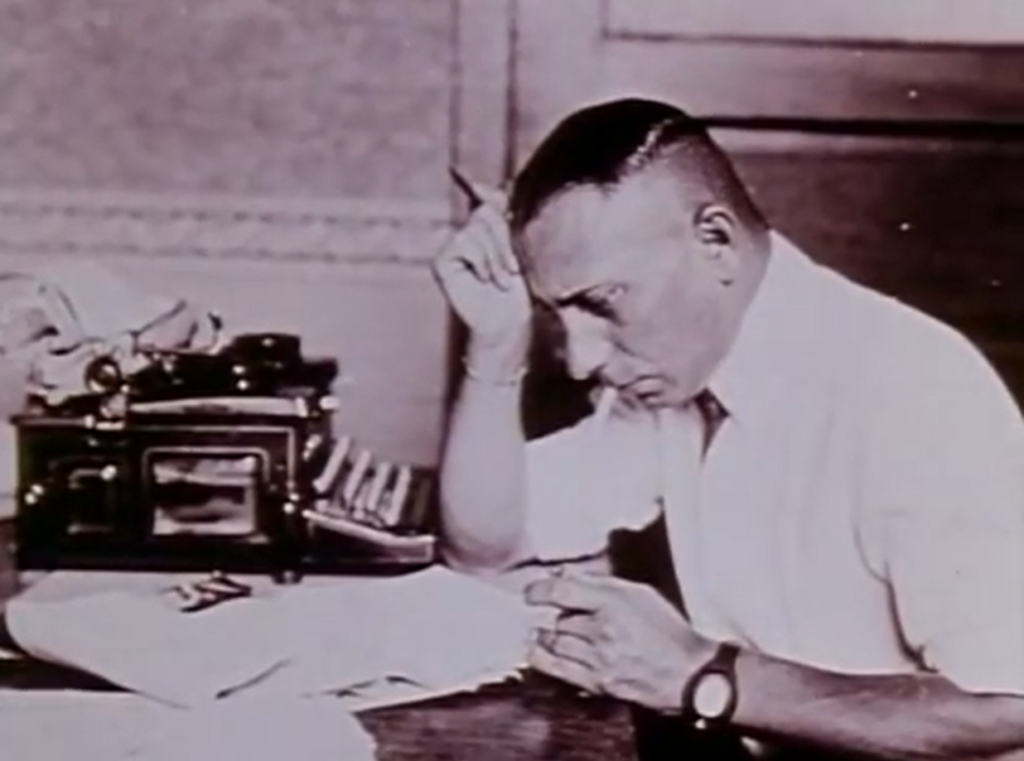
Must See?
Yes, as an informative overview of von Stroheim’s troubled but patchily brilliant career.
Categories
Links:
|
